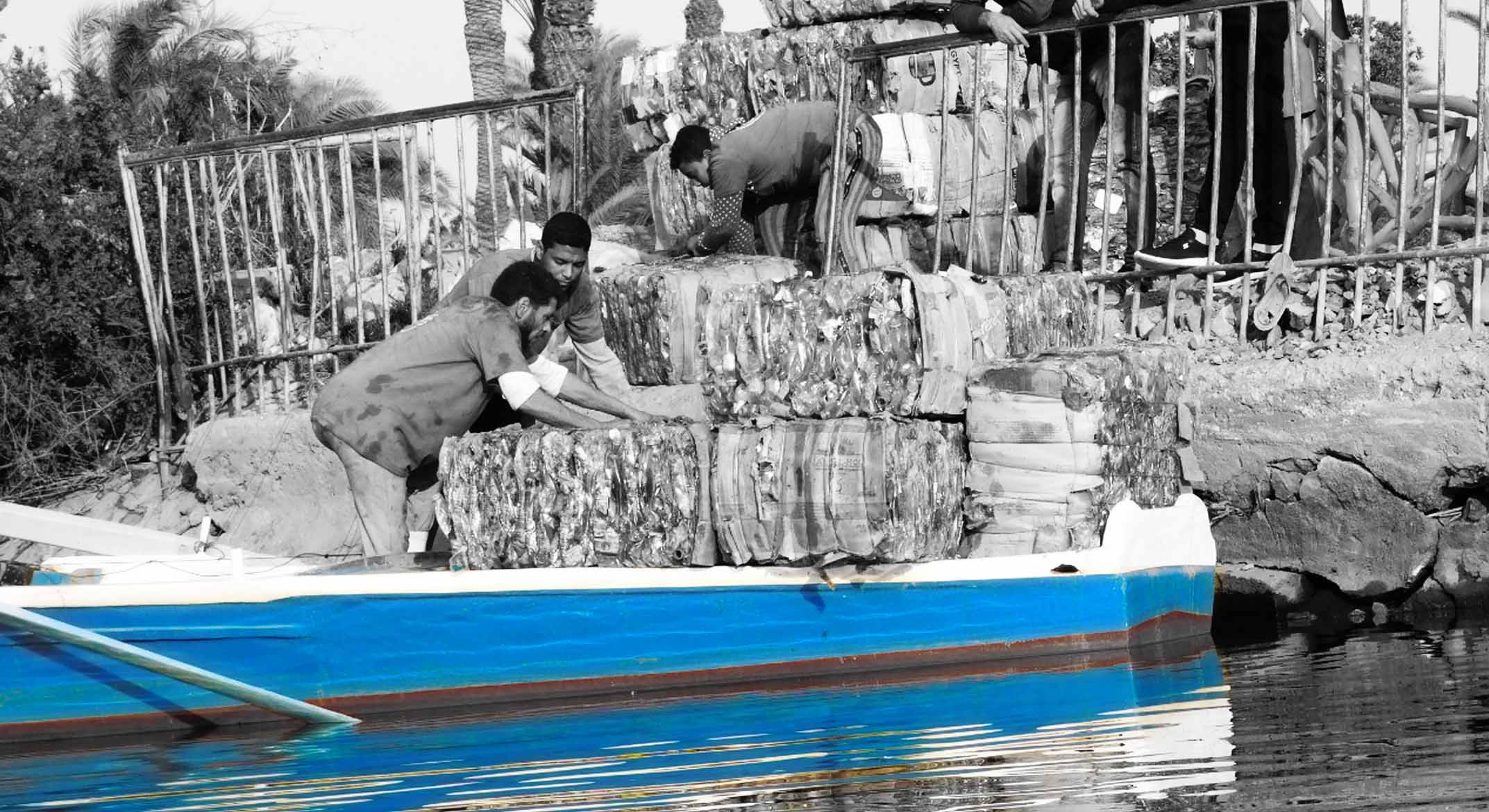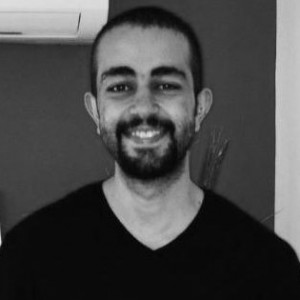
Egyptian islanders take waste management into their own hands – Farouk Shafie

Egyptian islanders take waste management into their own hands – Farouk Shafie
My lungs still feel irritated from time-to-time in Cairo as I pass a pile of burning trash, and I remember this was a daily experience while working in an NGO on the outskirts of Giza a few years ago. There, the residents had to resort to burning waste on the sidewalks several times a day for lack of a better option. The smell of burning plastic in particular irritated me most, and, by the time I left my job there a year later, I had become asthmatic.
Worldwide, a startling three billion people lack access to a waste management system and have to suffer the health consequences resulting from litter in their streets and marine environments. The problem is compounded in the Global South, where several countries in Asia and Africa have become dumping grounds for the Global’s North’s waste. Moreover, much of the Global South’s regulatory framework has not caught up with the dire need to limit plastic packaging and the rampant use of single-use plastics, which are used by consumers for only a few minutes but last in the environment for 500 to 1,000 years.
Egypt has long had a major problem with the management of plastic waste, and the problem would have been much worse if it were not for the work of the informal public sector picking up the slack left by the multinationals. The zabaleen in particular collect much of the city’s garbage at no cost to the residents, making their income from segregating the trash and selling anything that might be recyclable, amounting to around 80 percent of the waste they collect.
The example of the zabaleen shows what an impact local communities can have on the management of their own country’s waste, and how this can economically empower marginalized people. VeryNile was inspired by this idea of treating local communities as key actors in addressing environmental challenges through involving them in the waste management process, and raising their quality of living. However, our work is focused solely on marine plastic waste found in the Nile River, a major environmental issue no one was addressing at the time. In a study conducted in collaboration with Sky News, 75% of fish sampled from the Nile contained microplastics, and the Nile contributes to over 30% of the plastic leaking into the Mediterranean Sea each year.
We work on Qursaya, a 70-acre island in the Nile at the heart of Cairo, which is home to generations of fishermen and farmers. Sixty local fishermen use their traditional boats to capture plastic instead of fish, and we buy it from them, separate the waste at our facility, where all the personnel are also island locals, and send the waste to one of our recycling partners, depending on the type of plastic. For example, plastic bottles are sent to a recycling company that converts them to pellets, which are then transformed to yarns and fabrics for the textile industry.
Through open dialogue with the Qursaya community, we realized that many of the women needed job opportunities close to home and a stable source of income, and they suggested the creation of a workshop for handcrafts. Based on this, an upcycling workshop for women was set up on the island. The local women collaborate with two hired experts to transform single-use plastic bags into lifestyle and homeware products, ranging from aprons to laptop bags, generating income while creating greater awareness about plastic pollution in the marketing of these products.
The on-the-ground impact of the work being done in Qursaya—whether it be the more than 10 tons of waste collected by the fishermen from the river each month, or the thousands of plastic bags transformed into products by the workshop’s women—is all carried out by underprivileged people who were never granted anything by the system. They simply needed a model or framework that allowed them to make a living while addressing environmental challenges that directly impact their immediate surroundings, and which no one else was attending to.
Qursaya Island is government owned and is considered prime real estate. Neither the local community nor VeryNile have any control over whether it will be sold, or if we can continue working there in the long-term. What we can do is to bring greater visibility to the people of the island, their lives, their culture, their work, and their ingenuity and craftsmanship.
Recent publications

